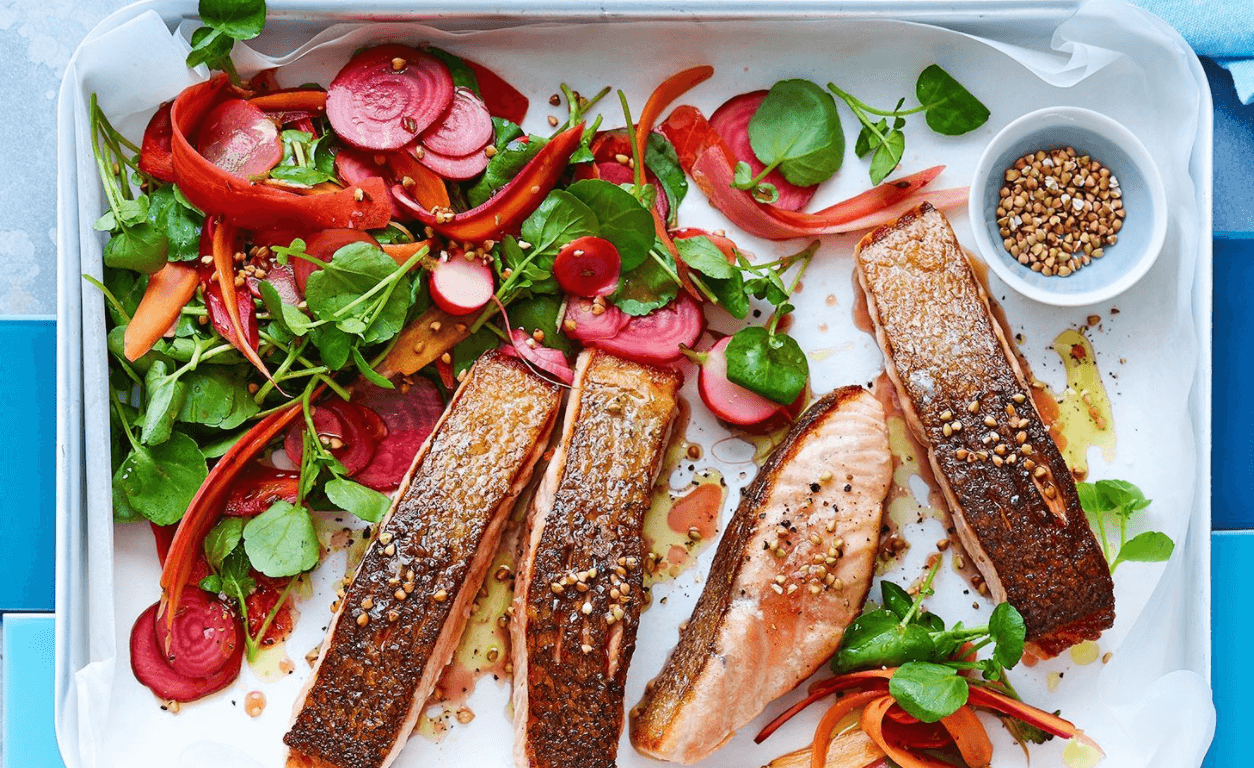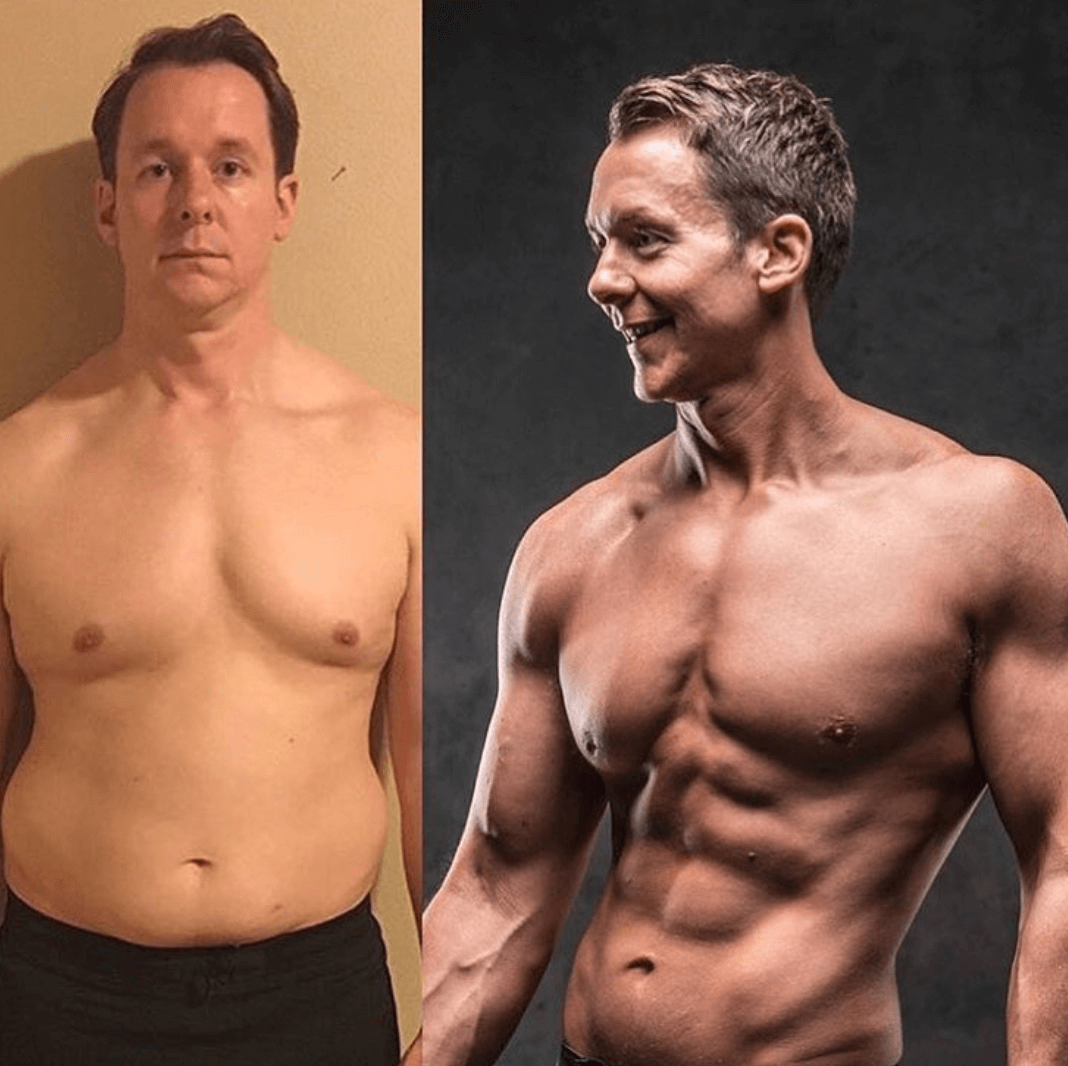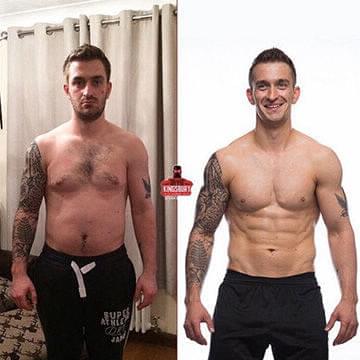Do you? Yes. Yes you do. Thanks for reading.
Seriously though, it’s a great question and one that gets asked time and time again. For all the dietary-equivalents of a ‘get-rich-quick-scheme’ you can find on- and off-line, there are a multitude of fat loss programmes targeting people like you; some of them work, many don’t at all.
The reason most of these ‘lose-fat-quick’ plans don’t work is that they fail to fully understand people’s biology and disregard their circumstances. They almost always ignore the need to optimise the body’s chemistry and they certainly don’t take into account each person’s lifestyle. All of which are vitally important.
Instead, they tend to focus on achieving short-term results, when what people want is long-term success. So let’s tackle the question head-on.
If you were wondering, a calorie deficit occurs when the number of calories you consume in a day is less than the number you burn. If it’s the other way round, then you’re in a calorie surplus.
We all burn calories throughout the day, whether we’re exercising in the gym or just walking around the office. Obviously a good weight-training workout will burn more than a gentle stroll to the photocopier will, but everything we do will burn some calories.
How many calories we need a day varies from person-to-person. There are some generic figures often given out, usually around 2000 per day for women and 2500 for men, and whilst they are a good gauge, there’s much more to it than that.
The amount of calories you need every day will vary, and be based on a number of factors like your sex, age, how physically active you are, your height, weight and the composition of your body.
One aspect of fat loss that rarely gets the focus it should is insulin sensitivity. Insulin is a hormone in the body that helps it control the level of sugar (a.k.a. glucose) in the blood. As the name suggests, it refers to how sensitive the cells in the body are to insulin.
High sensitivity means that the cells will be more effective at using blood glucose and therefore reducing blood sugar. If your sensitivity is low, also known as insulin resistance, this means that your cells don’t absorb much glucose. This can lead to high levels of blood sugar, which can be the precursor to type 2 diabetes.
The good news is that some simple lifestyle changes can help you increase your own insulin sensitivity. These can include getting more exercise (resistance training ideally), getting more, but also better quality sleep and through some dietary changes. Eating fewer carbs, more unsaturated fats and more soluble fibre, which you get from plants, are all great places to start.
So, yes, if you’re looking to lose weight and reduce the amount of body fat you have, you do need a calorie deficit, but there’s other things you need to consider too.
A sensible, calorie deficit diet is a great place to start. Couple that with some weight training and some quality sleep, and you’ll be on the right path to that long-term success we’re all looking for.










